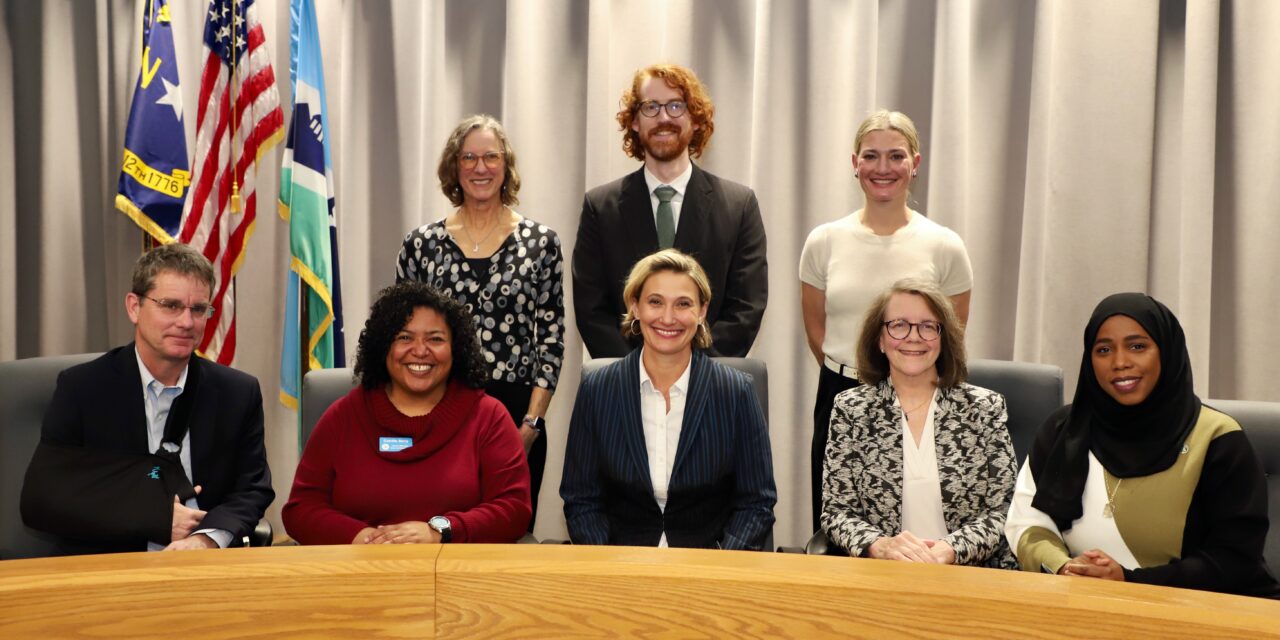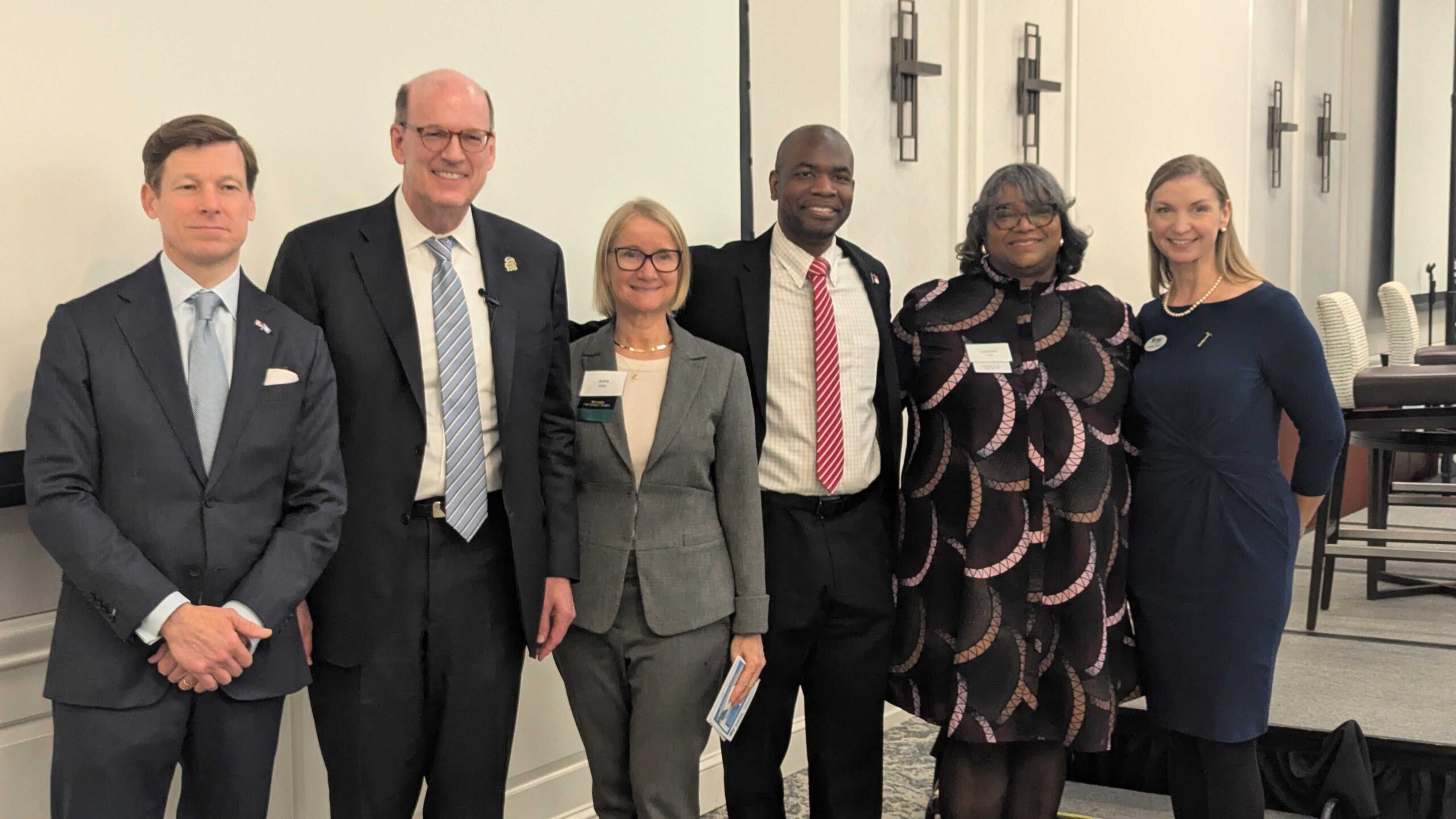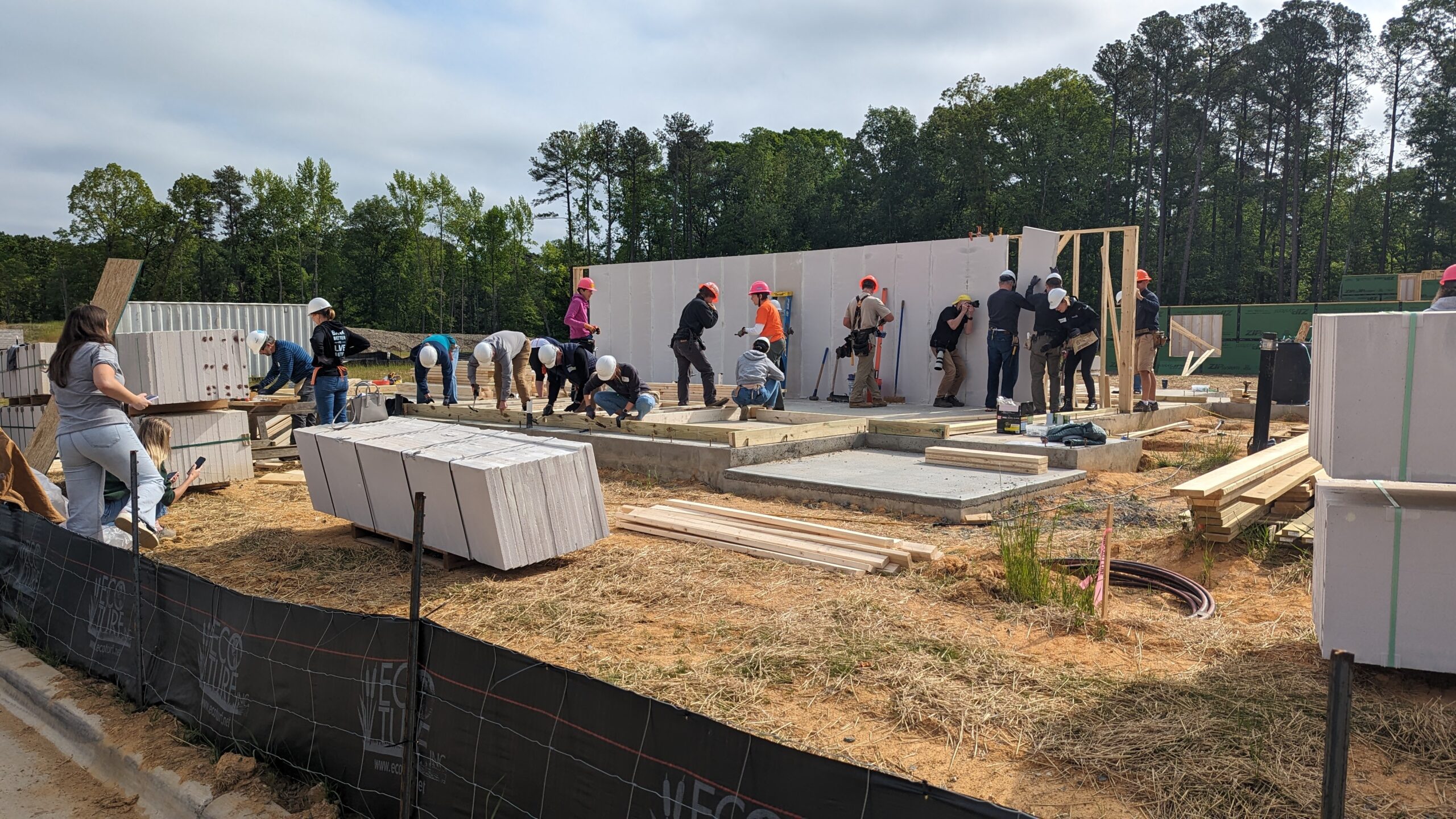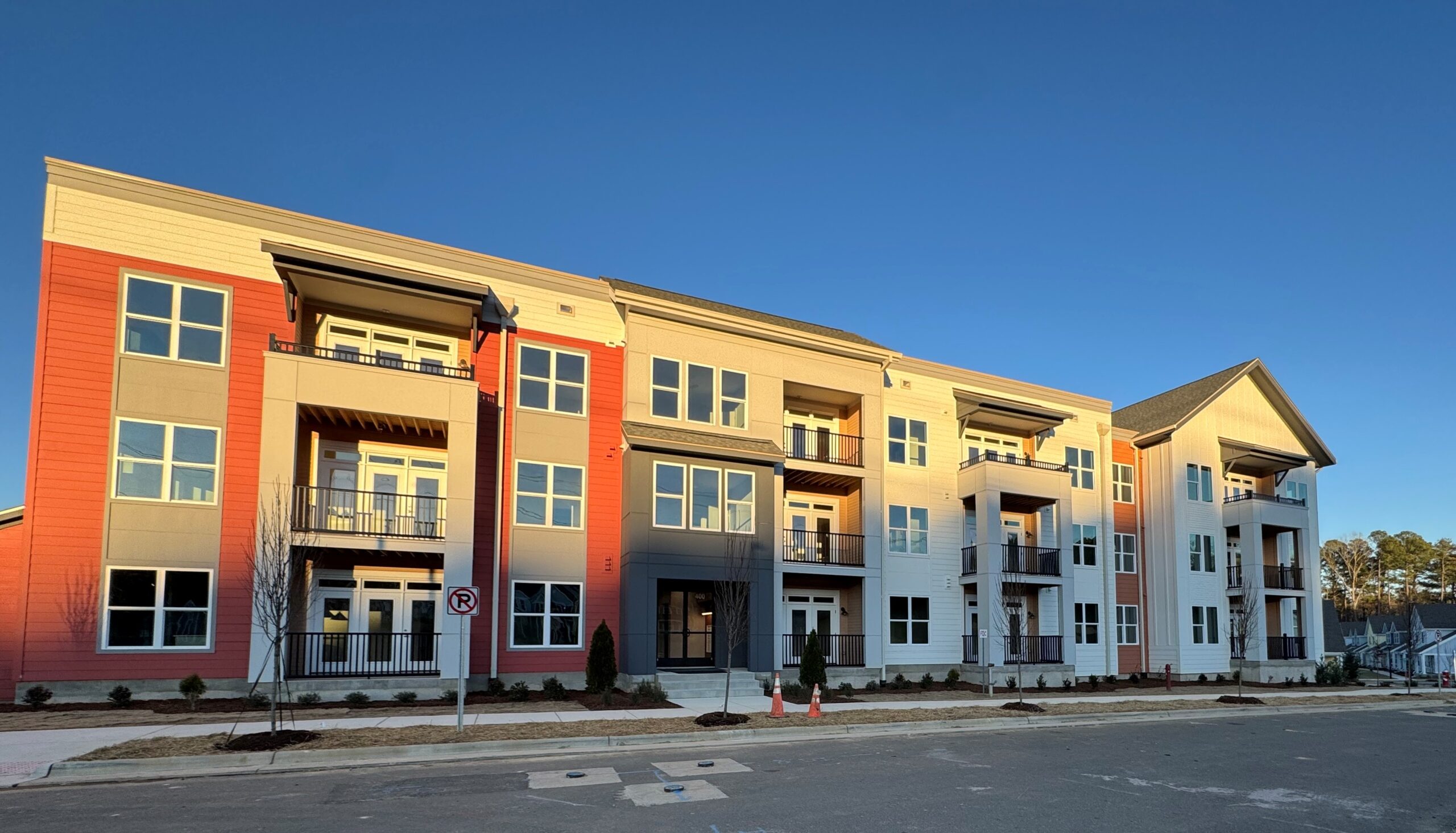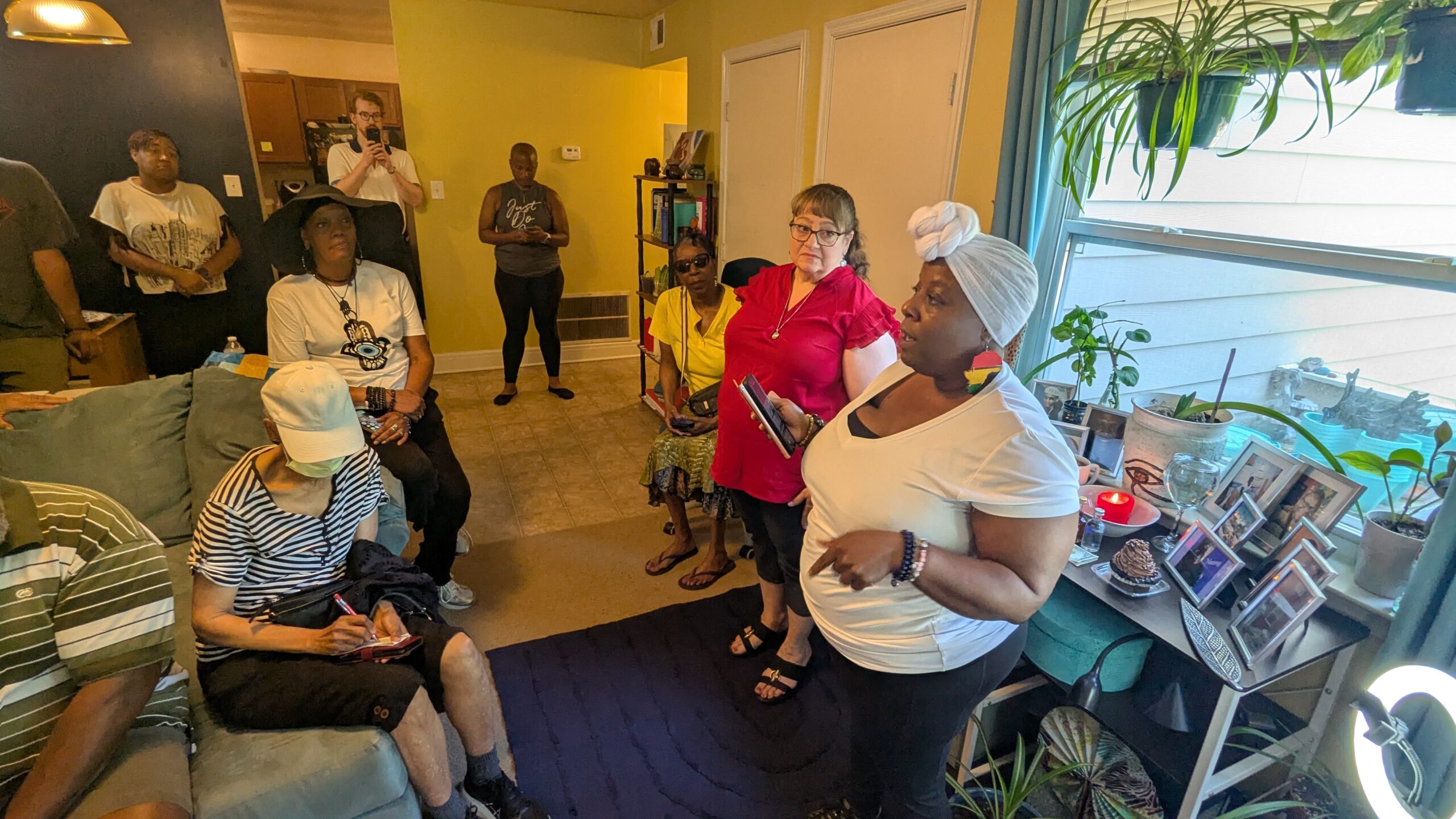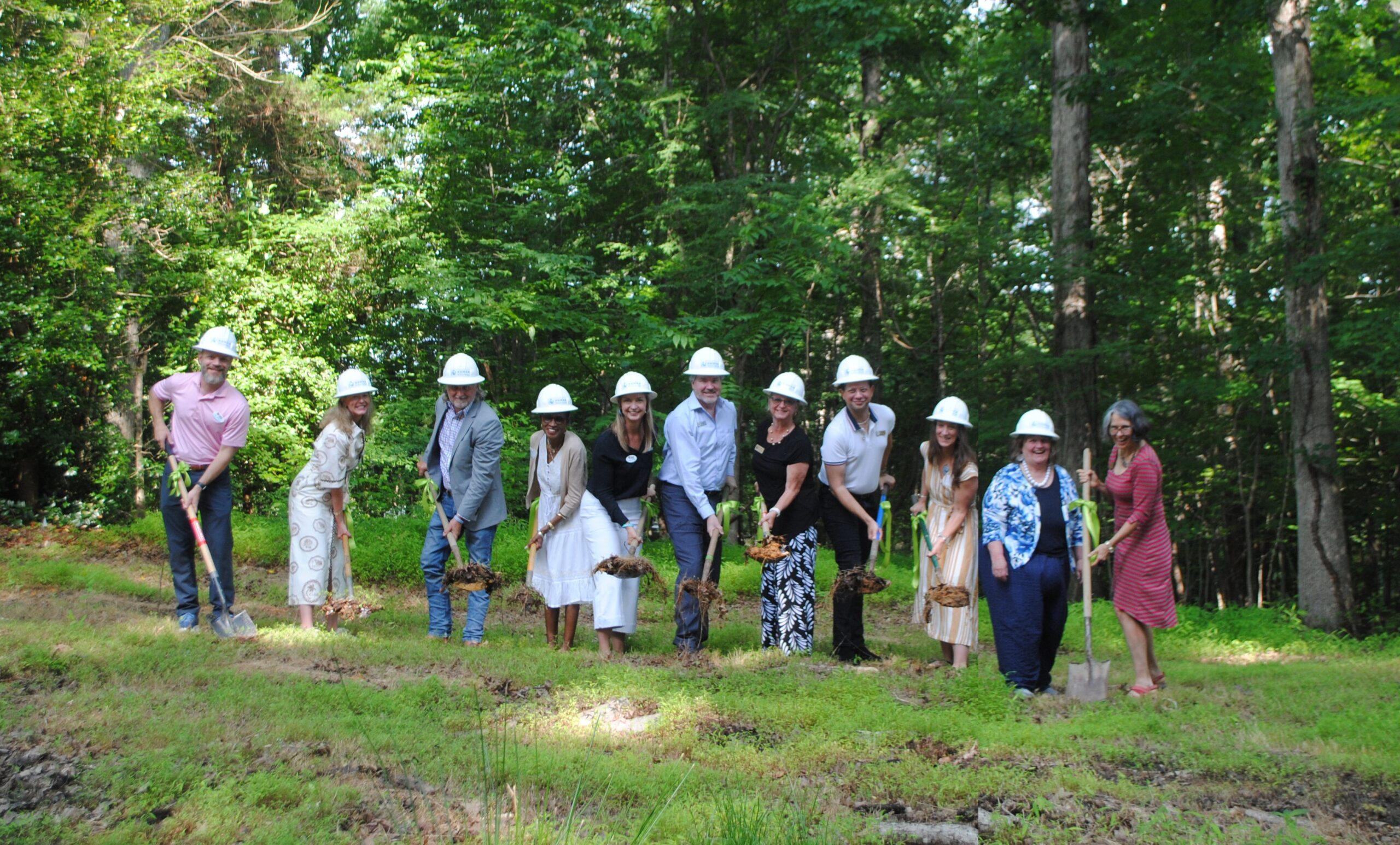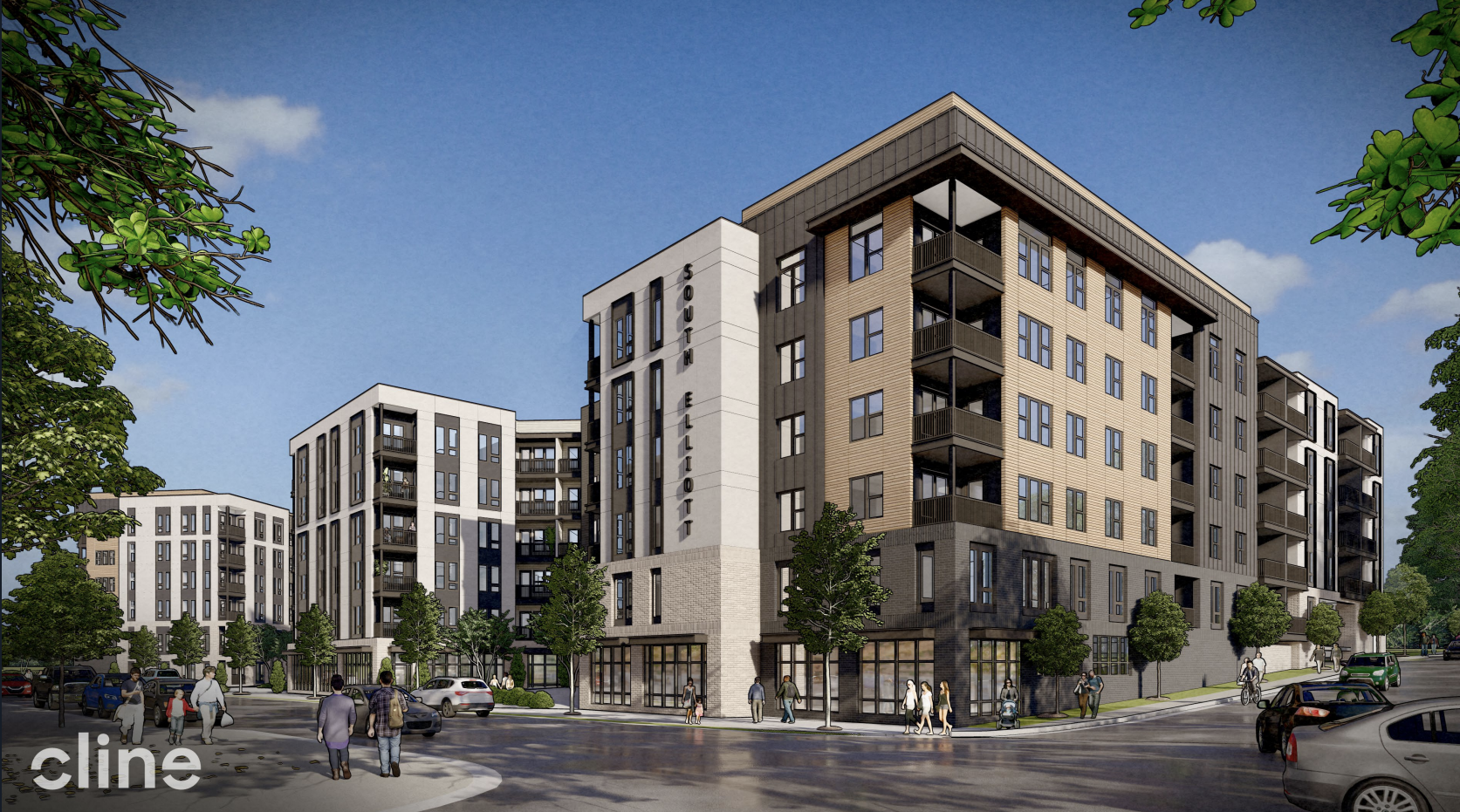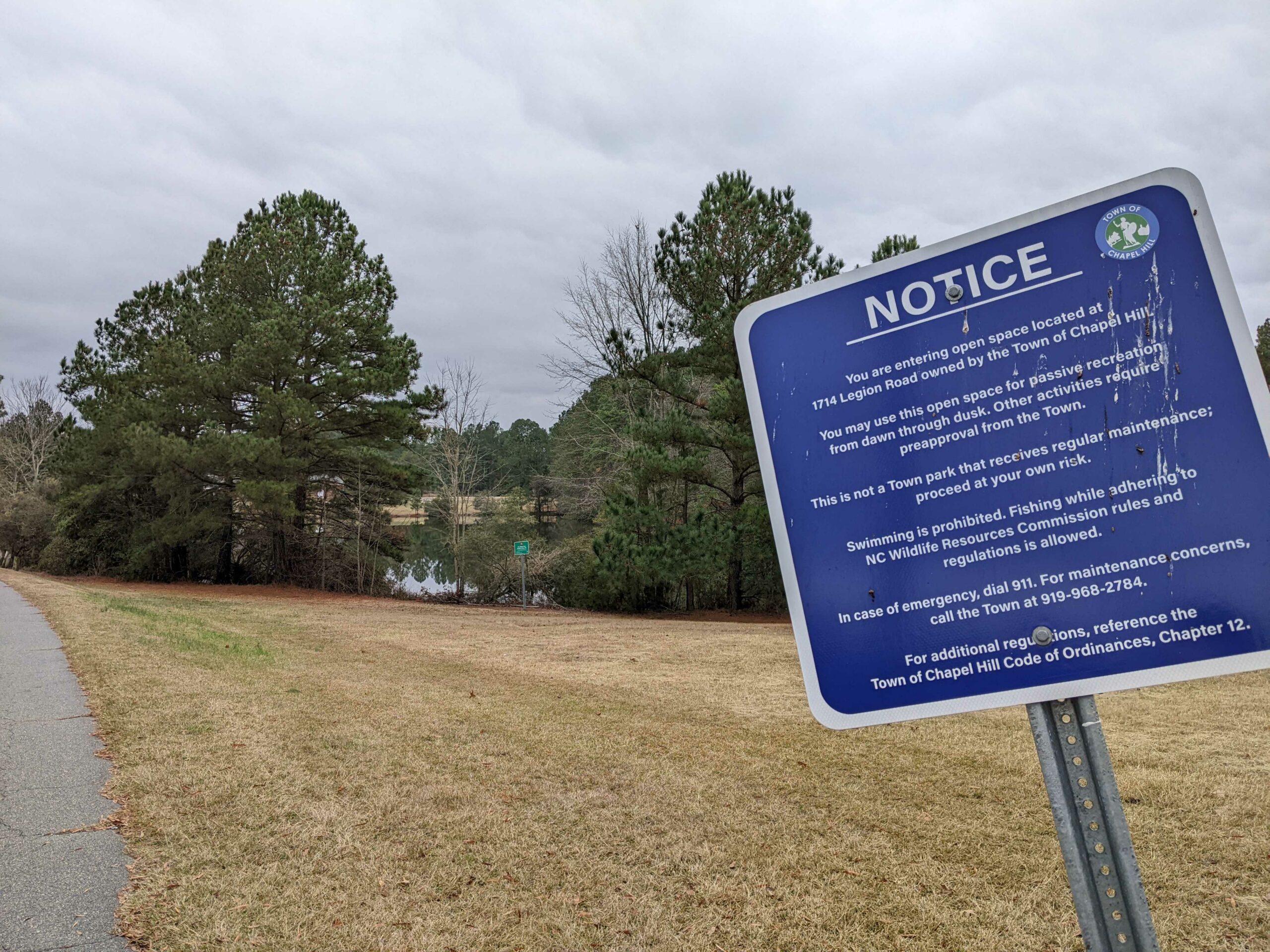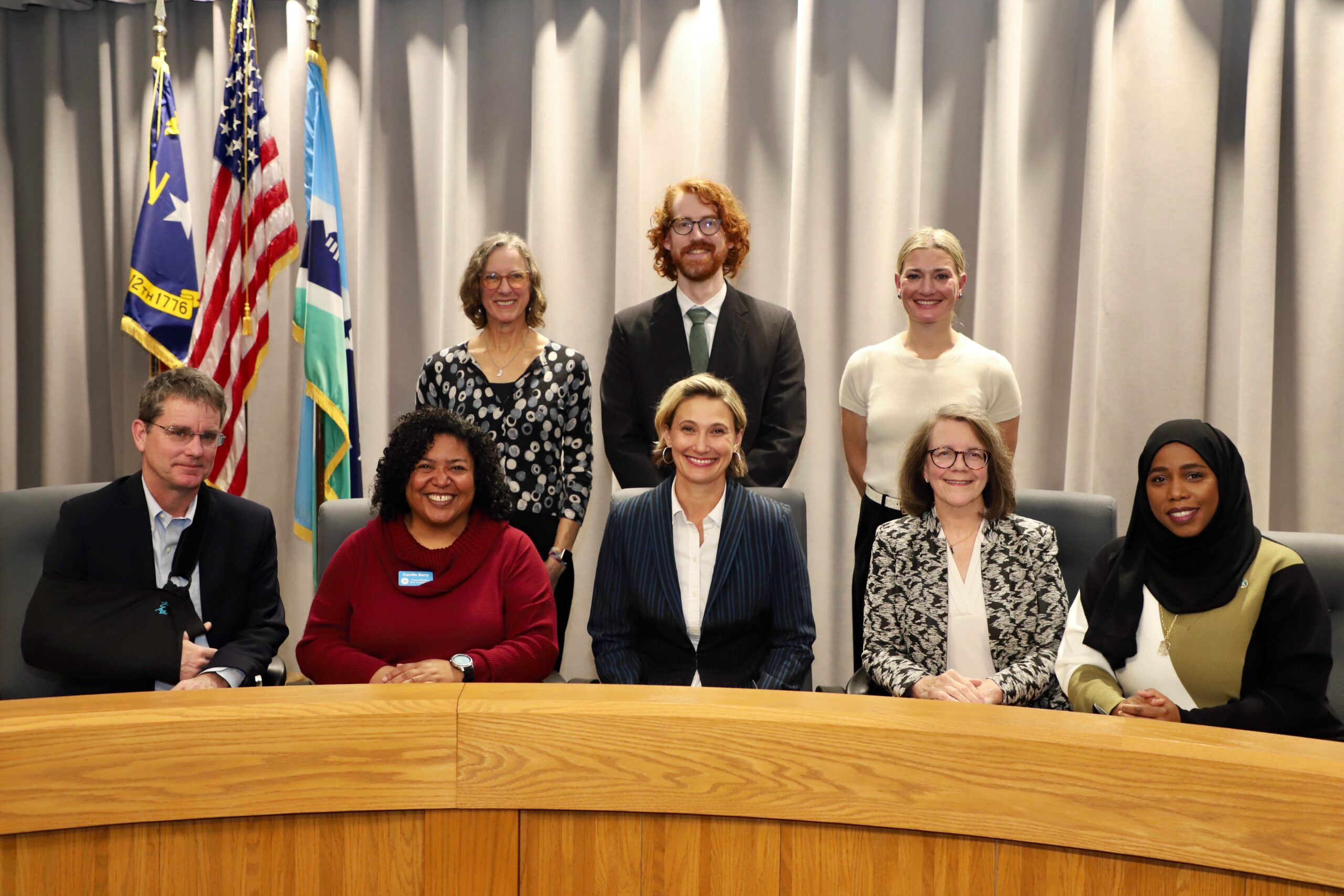The Chapel Hill Town Council discussed a Community Development Block Grant (CDBG) action plan and passed an affordable housing project and funding plan during its May 24 meeting at Chapel Hill Town Hall. Here is an overview of the two agenda items on affordable housing from the meeting.
Community Development Block Grant (CDBG) Action Plan
Chapel Hill Affordable Housing Manager Emily Holt presented the council with the town’s plans for federal funding designated for Community Development Block Grants (CDBG). Holt explained that the purpose of the community development block grant (CDBG) program is to (1) provide decent affordable housing, (2) create suitable living environments, and (3) expand economic opportunity.
Chapel Hill receives an annual allocation of CDBG funds, typically between $415,000 and 420,000 thousand, directly from the United States Department of Housing and Urban Development (HUD) because it falls under the “entitlement community” designation. CDBG funding aims to benefit low- or moderate-income households, aid in the prevention or elimination of slum or blight, and meet an urgent need. This year, Chapel Hill estimates it will receive $419,225 in CDBG funds plus an additional $7,338 in program income from a loan payment it made in 2008. In total, the town estimates it will have a $426,563 CDBG budget for Fiscal Year Fiscal Year (FY) FY 2024-2025.
The graphic below is the proposed 2024-2025 CDBG Annual Action Plan breakdown.
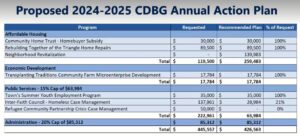
A breakdown of the town’s recommended CDBG funding plan.
“Generally speaking,” said Holt, “we received six applications this year. One, which was submitted by the Refugee Community Partnership, was not considered for funding because it was submitted late, and it’s the town’s policy not to evaluate late applications. All of the applicants have been previously funded, and with the exception of the public services category, there was enough money to fully fund all of the applications.”
“After setting aside 20%, which has allowed for administrative costs,” continued Holt, “we are fully funding the affordable housing and economic development projects. We are proposing to fully fund the town’s Summer Youth Employment Program, and we are proposing to allocate the balance of the 15% public services cap to [the Inter-Faith Council for Social Service] for homelessness case management. The remaining $140,000 that was not requested would be put towards [the] Neighborhood Revitalization Fund, which is a flexible pool of funding that is available quickly during the year affordable housing or community development projects that come up.”
Council Member Paris Miller-Foushee asked about whether the town assessed application barriers the Refugee Community Partnership, the applicant who missed the deadline, had during the application process.
“We do offer to any applicant for any of our funding sources,” said Affordable Housing Director and Community Connections Sarah Osmer Viñas, “a post-application meeting. [Refugee Community Partnership] has applied before and [has] not had issues submitting on time, so this was an unfortunate, unusual circumstance. It has not been an issue in the past, but we would offer to them and any applicant a post-application meeting to talk about barriers or anything that we can do differently to improve our process.”
The council will take action on a final version of the CDBG annual plan in June.
Council Unanimously Approves Recommended Affordable Housing Funding Plan
The council unanimously approved the town’s recommended affordable housing funding plan. The plan allocates $1.67 million to support the development of 66 new affordable housing units and preserve 10 affordable housing units. Twenty percent of the units will serve people earning at or below 30% of the average median income (AMI). Aside from the town’s $1.67 million allocated funds, it also leverages over $20 million, or 92% of project funds, from outside funding sources.
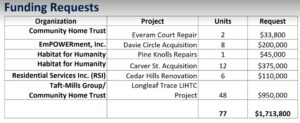
Funding requests for six organizations were approved at the Chapel Hill Town Council’s May 24 meeting. The chart shows a breakdown of funds that will be distributed across various organizations’ affordable housing projects.
Viñas said the town staff recommended fully funding five of the six requests. The Habitat for Humanity Pine Knolls Repair project was the one project the staff did not recommend fully funding.
“Instead of what’s been proposed by Habitat for Humanity for the Pine Knolls home repair project,” said Viñas, “staff propose that they work with the established county Home Preservation Coalition to develop more cost-effective scope which still meets the family’s needs for repair to their home. The renovation budget as proposed for this project exceeds the home. This is not a best practice. We believe, through our discussions with the Home Preservation Coalition leadership, that there are alternative options to be considered prior to the town dedicating funds to support this project.”
Viñas added that Habitat for Humanity would not impose an affordability restriction on the home, something the town would expect to see if it were to take on a project of this scope.
During the public comment, Christine Abernathy, Director of Housing Justice at the Marian Check Jackson Center, explained that the request would help accommodate a disability of one of the family members.
Mayor Jessica Anderson summarized the council members comments to town staff.
“I know this one issue is very difficult, and we want to make sure that we are trying to find solutions for this community member who it sounds like is in a pretty untenable situation,” said Anderson. “I think you’re hearing interest in finding ways that the town can partner and continue to move the conversation along, and that we trust our staff to figure out good solutions. We don’t want to make decisions from the dais that may not be super prudent at the moment, but there’s also an interest in finding solutions.”
Anderson continued by thanking the town staff for work they’ve done on the other projects whose funding requests were approved.
“I also do just want to say how exciting this is,” said Anderson, “and we do just appreciate the amazing work we got to celebrate last week that we got units on Legion Road, and now we get to celebrate this. Thank you for continuing to bring us amazing work, continuing to bring us things that we get to celebrate, and we’re just really proud of all the work you’re doing.”
The council unanimously approved funding requests 7-0. Council Member Miller-Foushee recused herself from the vote and Council Member Elizabeth Sharp was absent from the meeting. With the vote, the council approved funding for five of the six projects, including the Everam Court Repair, Davie Circle Acquisition, Carver St. Acquisition, Cedar Hills Renovation, and the Longleaf Trace LIHTC Project. The lone project whose funding was not approved was the Pine Knolls Repairs.
To watch a full video recording of the meeting, click here.
Photos via the Town of Chapel Hill.
Chapelboro.com does not charge subscription fees, and you can directly support our efforts in local journalism here. Want more of what you see on Chapelboro? Let us bring free local news and community information to you by signing up for our newsletter.

